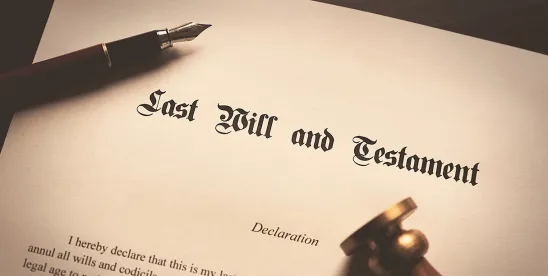In Pennsylvania, contesting a will is a serious legal action that should not be taken lightly. It can be emotionally challenging, especially if you believe that the last will and testament will not reflect the true intentions of the deceased. However, the law in Pennsylvania provides specific grounds and procedures for individuals who wish to contest a will. This blog post will explore the key aspects of contesting a will in Pennsylvania, including the legal grounds, process, and potential outcomes.
The Legal Process of Contesting a Will in Pennsylvania
Contesting a will in Pennsylvania typically takes place in the Orphans’ Court, a division of the Court of Common Pleas. The process generally involves:
-
Filing a Petition
To contest a will, the individual (or “interested party”) must file a petition in the Orphans’ Court. This petition must clearly state the reasons for contesting the will and provide supporting evidence. The interested party must also demonstrate that they have standing to contest the will, which generally means they are a person who would inherit under a prior will or under Pennsylvania’s intestacy laws.
-
Discovery Process
Once the petition is filed, both sides will engage in a discovery process where they exchange information and documents. This may involve depositions, interrogatories, and the production of relevant evidence to support or challenge the validity of the will.
-
Trial
If the case is not settled through mediation or negotiation, a trial will be held in the Orphans’ Court. The person contesting the will bears the burden of proving their claims. This often requires expert testimony, including testimony from medical professionals or handwriting experts, depending on the nature of the contest.
-
Appeal
If the court rules against the party contesting the will, there may be an option to appeal the decision to a higher court. However, appeals are not guaranteed and must be based on legal grounds.
Time Limits for Contesting a Will in Pennsylvania
In Pennsylvania, a will contest must generally be filed within one year from the date the will is probated. The probate process is the legal procedure in which the court formally accepts the will as valid. It is important to note that if you wait too long to file a contest, you may lose your right to challenge the will.
Potential Outcomes of a Will Contest in Pennsylvania
If you successfully contest a will, the court may declare the will invalid. The estate will then be distributed according to a previous valid will or, if there is no valid will, according to Pennsylvania’s intestacy laws. However, if the court rejects your contest, the will remains in effect, and the estate will be administered according to its terms.
Contesting a will in Pennsylvania can be a complex and emotionally taxing process. Whether you believe a will is invalid due to lack of capacity, undue influence, fraud, or any other reason, it is crucial to have a clear understanding of the legal grounds and the steps involved. If you are considering contesting a will, it is highly advisable to consult with an experienced probate attorney who can guide you through the process, help build your case, and ensure your rights are protected.



 />i
/>i

